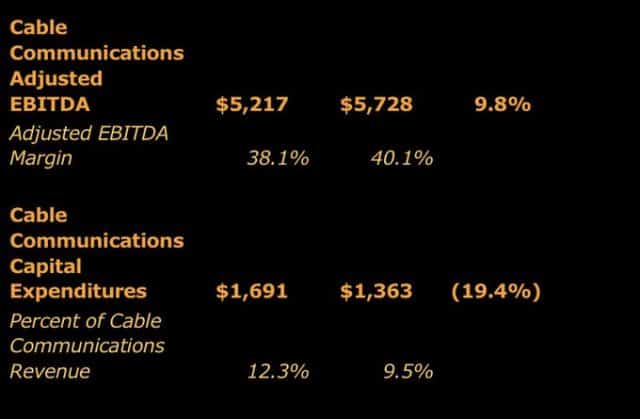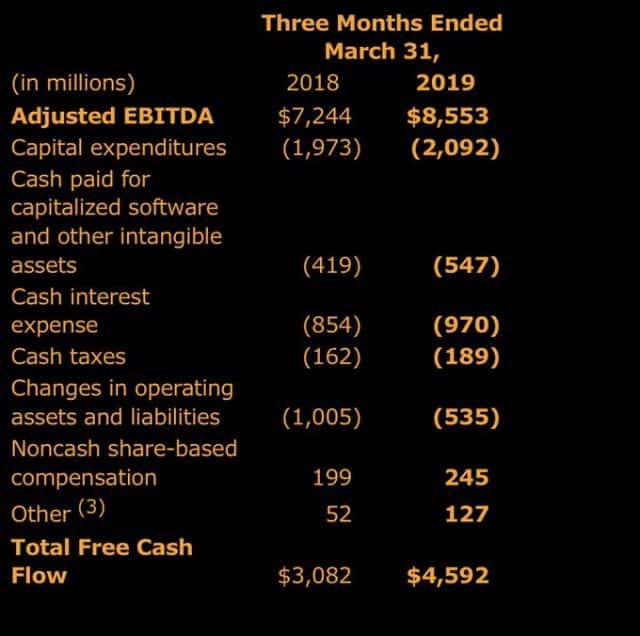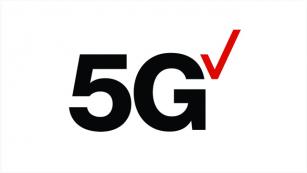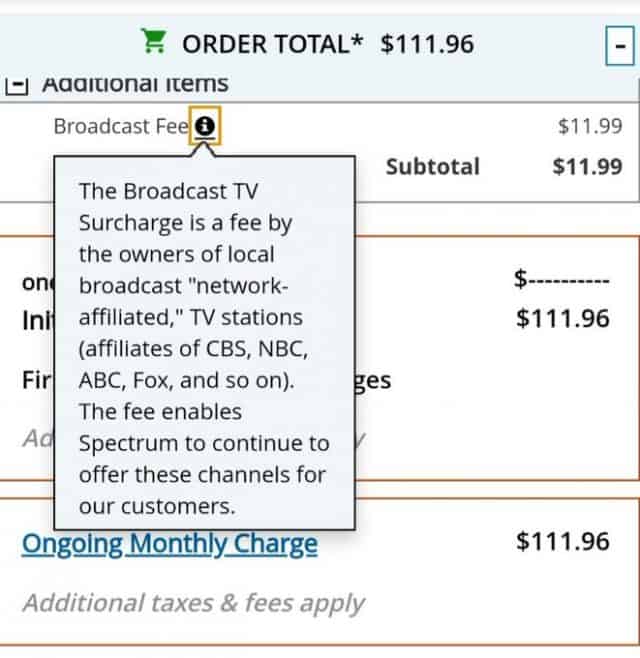 Philo is the latest streaming alternative to cable television consolidating its package offerings, ditching a 45-channel skinny bundle sold for $16 in favor of a single 58 channel package Philo will continue to sell for $20 a month.
Philo is the latest streaming alternative to cable television consolidating its package offerings, ditching a 45-channel skinny bundle sold for $16 in favor of a single 58 channel package Philo will continue to sell for $20 a month.
Until May 6, customers can still subscribe and keep the ultra-slim $16 package, which includes:
Philo’s Discontinued 45 Channel Package $16/mo (still available for sign-up until 5/6/2019)
- A&E
- AMC
- Animal Planet
- AXS TV
- BBC America
- BBC World News
- BET
- Cheddar
- Cheddar Big News
- Cleo
- CMT
- Comedy Central
- Discovery Channel
- DIY Network
- Food Network
- FYI
- Game Show Network
- Hallmark Channel
- Hallmark Drama
- Hallmark Movies & Mysteries
- HGTV
- History
- IFC
- Investigation Discovery
- Lifetime
- Lifetime Movies
- MotorTrend
- MTV
- MTV Classic
- MTV2
- Nick Jr.
- Nickelodeon
- Oprah Winfrey Network
- Paramount Network
- PeopleTV
- Science Channel
- Sundance TV
- Tastemade
- TeenNick
- TLC
- Travel Channel
- TV Land
- VH1
- Viceland
- WE tv
Philo’s 58 Channel Package $20/mo (only package available to new customers starting 5/6/2019)
- All networks included in the 45 channel package, plus…
- American Heroes Channel
- Aspire
- BET Her
- Cooking Channel
- Destination America
- Discovery Family
- Discovery Life
- Law & Crime Trial Network
- Logo
- MTV Live
- Nick Toons
- Revolt
- UP TV
Philo CEO Andrew McCollum explained the changes:
“Starting May 6, we will move to only offering our $20 package — the 58 channel package — to new subscribers. For those who are already subscribed and anyone who subscribes before that date, nothing will change — you’ll continue to have the same package and same price options you have today.
At Philo, we care deeply about creating the best TV experience possible at an affordable price. Since we launched 18 months ago, most of the other companies in our space have raised their prices, in some cases multiple times. We didn’t want to do that. Still, when we looked at all of the costs of operating Philo — which increase over time — consolidating into a single $20 package was the best way for us to maintain the same offering we have today without raising prices or having to cut back in places we strive to excel, like our customer support.
Again, nothing is changing for anyone who has already subscribed by May 6 — you’ll keep the package you have and will continue to be able to switch between our two existing packages.”
McCollum also shed light on why services like Philo are moving away from a-la-carte or “theme pack” business models:
“There are a bunch of complicating factors, though. It’s tricky to do with the major network groups because the deals don’t generally allow it. There’s also an issue with making things more complicated.
Canada generally has something like this model (along with a mandated a la carte channel model, but nobody does it), and it’s actually super overwhelming. Some providers have 80+ different packages, and it’s impossible to just figure how to get what you want.
In general, I think choice is good, but I also think that bundling is good when the bundles make sense and are focused. The big issue is keeping things that some people want a lot, and that cost a lot, but other people don’t care about (e.g., sports) from driving up the cost for everyone. Trust me when I say that even if we could break things up more, the economics would probably net out where most people pay about the same but get fewer channels.
We are actually looking at making more content available through add-ons. I think it makes sense in a lot of cases, especially for premium/niche content.
It’s actually super overwhelming. Some providers have 80+ different packages, and it’s impossible to just figure how to get what you want.”
 The average Comcast broadband customer now consumes over 200 GB of online data per month, an increase of 34% over just one year ago, according to Dave Watson, president and CEO of Comcast Cable Communications.
The average Comcast broadband customer now consumes over 200 GB of online data per month, an increase of 34% over just one year ago, according to Dave Watson, president and CEO of Comcast Cable Communications.

 Subscribe
Subscribe


 Verizon Communications has indefinitely suspended plans to charge customers an extra $10 a month for access to Verizon’s extremely spotty and uneven 5G service, which launched earlier this month in Chicago and Minneapolis.
Verizon Communications has indefinitely suspended plans to charge customers an extra $10 a month for access to Verizon’s extremely spotty and uneven 5G service, which launched earlier this month in Chicago and Minneapolis. For the last several years, cable subscribers have lamented that the advertised price of service falls short of the real “out-the-door” cost shown on one’s monthly bill.
For the last several years, cable subscribers have lamented that the advertised price of service falls short of the real “out-the-door” cost shown on one’s monthly bill. Philo is the latest streaming alternative to cable television consolidating its package offerings, ditching a 45-channel skinny bundle sold for $16 in favor of a single 58 channel package Philo will continue to sell for $20 a month.
Philo is the latest streaming alternative to cable television consolidating its package offerings, ditching a 45-channel skinny bundle sold for $16 in favor of a single 58 channel package Philo will continue to sell for $20 a month.